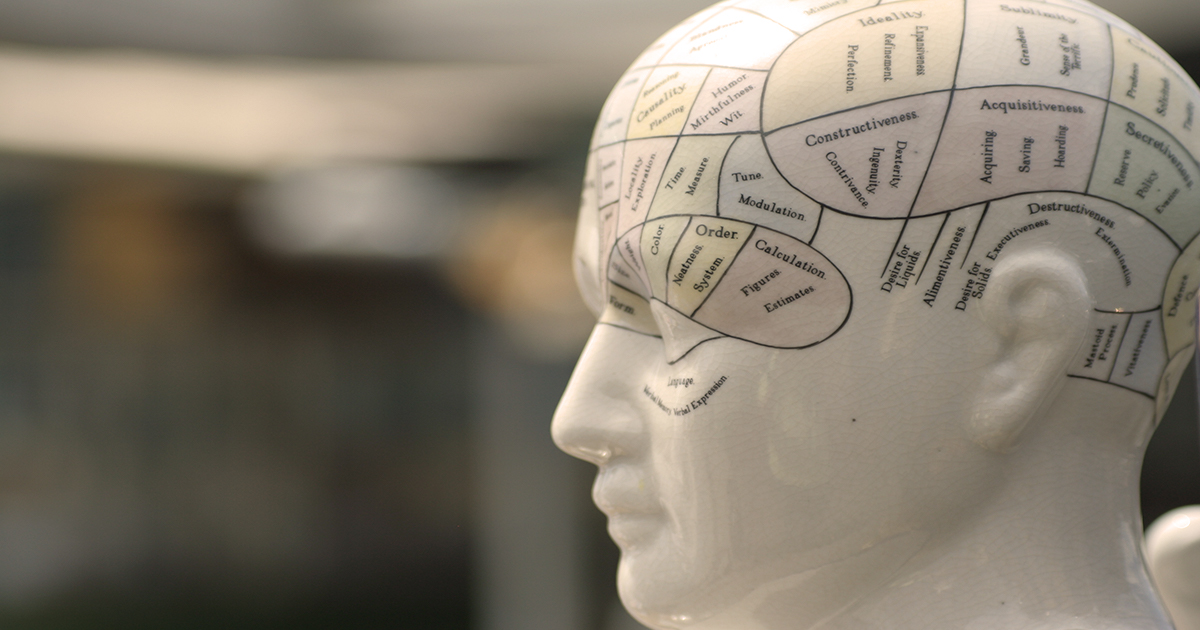Psychology. In one way or another is all around us. Taking it back to the beginning, we are going to look deeper at the origin of the word psychology. As with any early conceptions, there are many moving parts that, too this day continue to evolve, and the word psychology is no exception. Not only is the origin of the word important, so are those that have laid the groundwork for what the word psychology has grown to become, as well as the many disciplines brought to light through the science of psychology.
To begin, let us recall the meaning of the word psychology. The Merriam Webster website defines psychology as the following:
 “1: the science of mind and behavior. 2a: the mental or behavioral characteristics of an individual or group. b: the study of mind and behavior in relation to a particular field of knowledge or activity 3: a theory or system of psychology.”2
“1: the science of mind and behavior. 2a: the mental or behavioral characteristics of an individual or group. b: the study of mind and behavior in relation to a particular field of knowledge or activity 3: a theory or system of psychology.”2
Over the years the word psychology and what psychology entails has expanded, going through an evolution of growth. Taking a leap back in time to Ancient Greece, we will start at the roots of the word psychology. Andrew M. Colman of the University of Leicester, England gives an extended explanation of the origin of the word “psychology”:
“The word “psychology” was formed from two Greek words. The first, psyche, originally meant “breath” but later acquired the additional meaning “soul,” because breathing was thought to indicate that the soul had not yet left the body, and later still (during the seventeenth century) broadened further in meaning to include “mind.” The equivalent Latin word anima, from which the English words “animal” and “animate” are derived, also started life meaning “breath” and later evolved the additional meaning “mind.” The second Greek word, logos, originally meant “word” and later expanded in meaning to include “discourse” and eventually “science.” According to its Greek roots, therefore, psychology is literally the science of the mind.”1
The Merriam Webster website further goes on to say that:
“The word psychology was formed by combining the Greek psychē (meaning “breath, principle of life, life, soul”) with –logia (which comes from the Greek logos, meaning “speech, word, reason”). An early use appears in Nicholas Culpeper’s mid-17th century translation of Simeon Partliz’s A New Method of Physick, in which it is stated that “Psychologie is the knowledge of the Soul.” Today, psychology is concerned with the science or study of the mind and behavior. Many branches of psychology are differentiated by the specific field to which they belong, such as animal psychology, child psychology, and sports psychology.”
 While Webster reveals an early usage of the word, it appears in Nicholas Culpeper’s 17th translation, a 1964 article published in Acta Instituti Psychologici Universitatis Zagrabiensis2 by Marko Marulic titled The Author of the Term “Psychology.” points to Rudolf Goclenius the Elder as being credited as the first individual to coin the term “psychology.”
While Webster reveals an early usage of the word, it appears in Nicholas Culpeper’s 17th translation, a 1964 article published in Acta Instituti Psychologici Universitatis Zagrabiensis2 by Marko Marulic titled The Author of the Term “Psychology.” points to Rudolf Goclenius the Elder as being credited as the first individual to coin the term “psychology.”
According to the 1964 article:
“Rudolf Göckel (1547-1628), in philosophic literature more known under his latinized name Goclenius, was professor of physics, mathematics, logic, and ethics at the university of his native town Marburg on Lahn. By his philosophic attitude he belonged to the so-called “Semiramists,” i.e., the group of the Aristotelians who were halfway between those advocating dialectic interpretation of Aristotle’s learning, like Melanchton, and those advocating its averroistic exposition, like Pierre de la Ramée (Petrus Ramus, 1515-1572) and his followers (“Ramists”). In addition to several treatises from the field of logic and a philosophic dictionary (“Lexicon philosophicum”), Göckel published a tractate, in Marburg in 1590, entitled “yucologia hoc est de hominis perfectione, anima, ortu.” This work, as far as is known today, is indeed the first preserved printed book to contain the word “psychology” in its Greek form and written in Greek letters at that.”
Interestingly, a 1973 journal article titled The Origin And Evolution of The Term “Psychology” states that, “…Johannes Thomas Freigius had used the term fifteen years before Goeckel.”3
Putting aside “who said it first,” the word psychology has been used to describe the science of the mind for hundreds of years. Throughout those years, just as the word has evolved, psychology as a science has advanced and expanded to encompass a broad variety of disciplines. In the beginning psychology encompassed two branches: research and practice. Today, psychology also explores the study of traffic psychology, online psychology, spiritual psychology, and many more. Disciplines have developed over the years and continue to further advance the definition of Psychology, as well as our understanding of the human mind and behavior.
Whether you are learning about the word psychology for the first time today or have studied the many disciplines for years, there is still so much to learn and explore.
| Psychology Disciplines (non-exhaustive list) |
|---|
| Abnormal psychology |
| Activity theory |
| Analytical psychology |
| Anomalistic psychology |
| Applied Behavior Analysis |
| Applied psychology |
| Asian psychology |
| Behaviorism |
| Biological psychology |
| Cognitive neuropsychology |
| Cognitive psychology |
| Community psychology |
| Comparative psychology |
| Clinical psychology |
| Consumer psychology |
| Counseling psychology |
| Criminal psychology |
| Critical psychology |
| Cross-cultural psychology |
| Developmental psychology |
| Differential psychology |
| Discursive psychology |
| Distributed cognition |
| Ecological psychology |
| Economic psychology |
| Educational psychology |
| Engineering psychology |
| Environmental psychology |
| Evolutionary psychology |
| Experimental psychology |
| Forensic psychology |
| Health psychology |
| Humanistic psychology |
| Imaginal psychology |
| Industrial and organizational psychology |
| Investigative psychology |
| Legal psychology |
| Mathematical psychology |
| Media psychology |
| Medical psychology |
| Military psychology |
| Music psychology |
| Neuropsychology |
| Occupational health psychology |
| Peace psychology |
| Performance psychology |
| Personality psychology |
| Physiological psychology |
| Police psychology |
| Political psychology |
| Positive psychology |
| Pre- and perinatal psychology |
| Psychohistory |
| Psycholinguistics |
| Psychology and law |
| Psychology of art |
| Psychology of eating meat |
| Psychology of religion |
| Psychometrics |
| Psychonomics |
| Psycho-oncology |
| Psychopathology |
| Psychophysics |
| Psychophysiology |
| Psychotherapy |
| Quantitative psychology |
| School psychology |
| Situated cognition |
| Social psychology |
| Social neuroscience |
| Sport psychology |
| Systems psychology |
| Theoretical psychology |
| Traffic psychology |
| Transpersonal psychology |
Reference:
1. https://www2.le.ac.uk/departments/npb/people/amc/articles-pdfs/whatisps.pdf
2. https://www.merriam-webster.com/dictionary/psychology
3. https://psychclassics.yorku.ca/Krstic/marulic.htm
4. https://www.jstor.org/stable/44020650?seq=1






